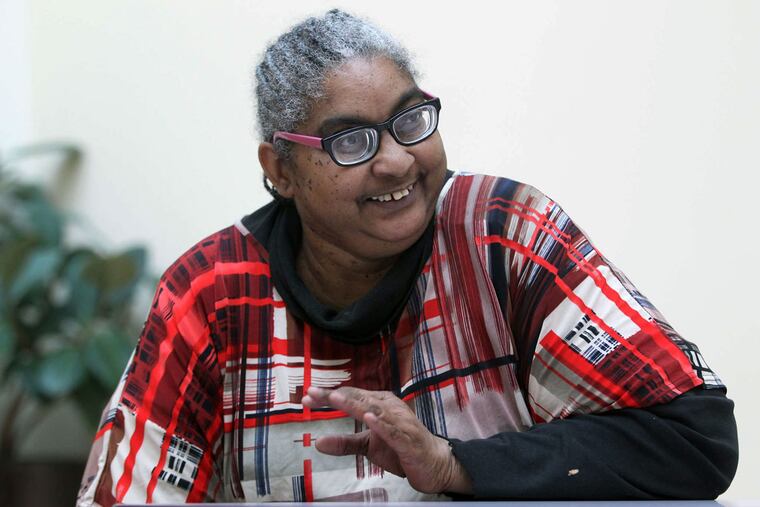Collaboration with insurer helps nourish meal-provider MANNA and clients
MANNA, a nonprofit founded in 1990 to provide meals to those with HIV/AIDS, has been serving people with other illnesses for nearly a decade.

MANNA, a nonprofit founded in 1990 to provide meals to those with HIV/AIDS, has been serving people with other illnesses for nearly a decade.
But to do so, it had to depend on philanthropy - until this year, when MANNA struck a deal with Health Partners Plans Inc. to provide meals to diabetics who are members of Health Partners' Medicaid program.
For MANNA, it's a big deal, the first time it has tapped insurance dollars.
"Nobody had ever figured out how to pay for this service," said Susan Daugherty, a registered dietitian and chief executive of MANNA (Metropolitan Area Neighborhood Nutrition Alliance).
Now, MANNA submits claims to Health Partners electronically, as other health-care providers do.
"We see MANNA as the pharmacy for your prescription diet," said Daugherty, who has worked at MANNA since 1999.
The alliance between Health Partners and MANNA shows insurers' increasing desire to experiment with more holistic approaches to care, especially for those with multiple chronic illnesses, in a bid to reduce costs and improve members' health.
Carol Thomas, 54, who has diabetes and other conditions, participated in the six-week meals program in March and April. She said it made a huge difference in her life.
"I was dieting already, but I wasn't consistent with it," Thomas said.
"The MANNA food taught me how to eat portions and stay consistent with it," she said, helping her go from 345 pounds to 250.
What she had to give up was junk food, she said. "It was hard at first, but when you look at living and dying, it doesn't matter because you want to live."
Thomas and other Health Partners members who receive three meals a day from MANNA - 200 recipients at any one time - don't have to pay for them, said William George, CEO of Health Partners, who was inspired to start the program by an open house at MANNA in February 2014.
"In return for getting into one of these programs," George said, "you have to consent to a much more rigorous disease-management surveillance. We also give you nutritional counseling, thanks to the good people at MANNA."
The financial reward for the insurer - which pays for the meals with what George called a small portion of its monthly per-member Medicaid payments from the state - has been "reductions in hospitalizations, reductions in [emergency-room] utilizations," he said.
In the long term, George said, "we think the savings are going to be enormous."
Neither MANNA nor Health Partners would disclose how much Health Partners is paying. Health Partners had $1 billion in Medicaid premium revenue in fiscal 2015, according to the audited statement of one of its owners, Temple University Health System.
The MANNA-Health Partners program won praise from one of Health Partners' key regulators, Ted Dallas, secretary of the Pennsylvania Department of Human Services.
"So much of your health is determined by factors other than what happens at a doctor's office," Dallas said. "Factors like your diet, physical activity, and your environment play a critical role that can be even more important than traditional health care."
That's where the MANNA program fits in. It "not only improves the health of the hardest-to-serve consumers," Dallas said, "it does so at lower cost."
215-854-4651@InqBrubaker